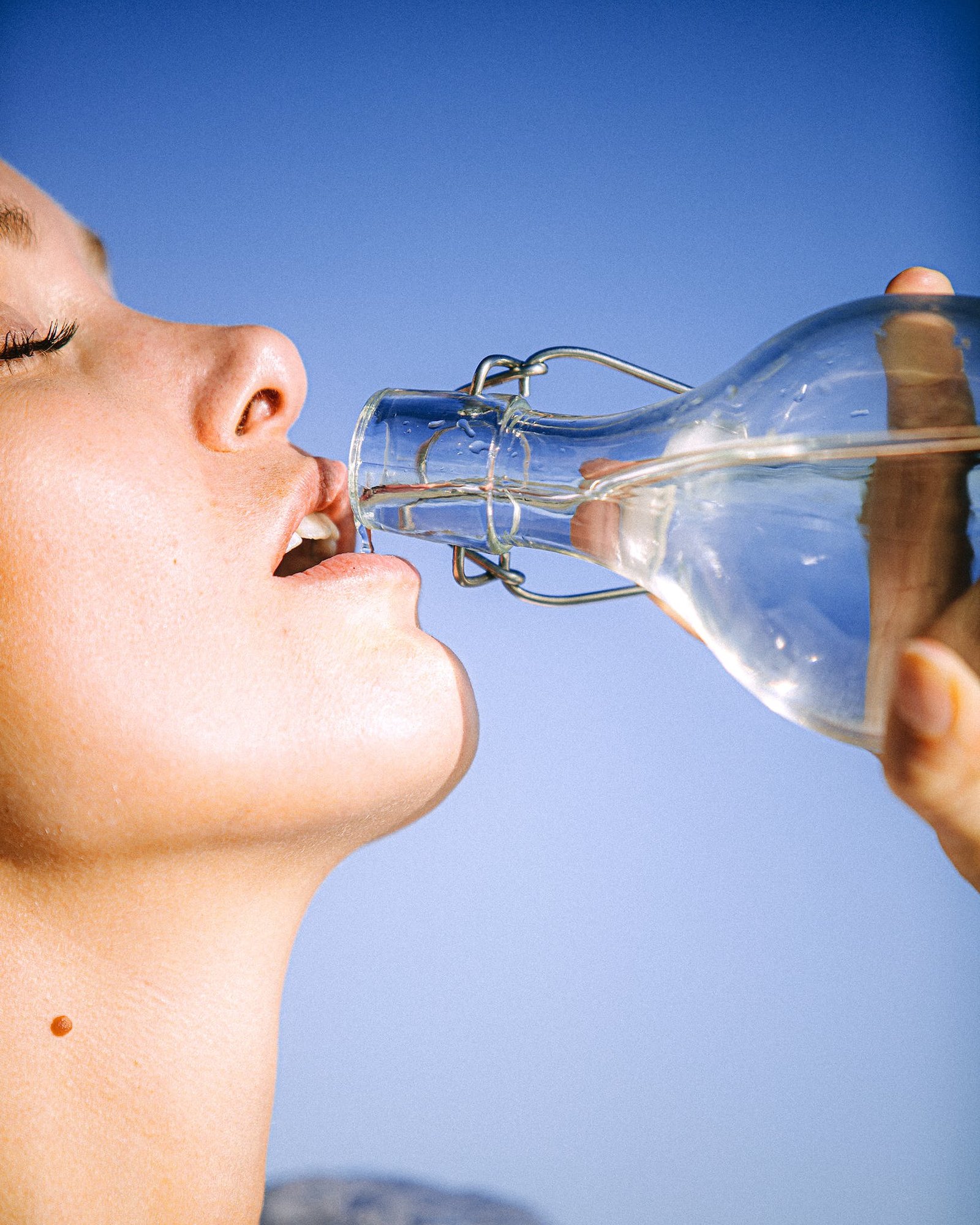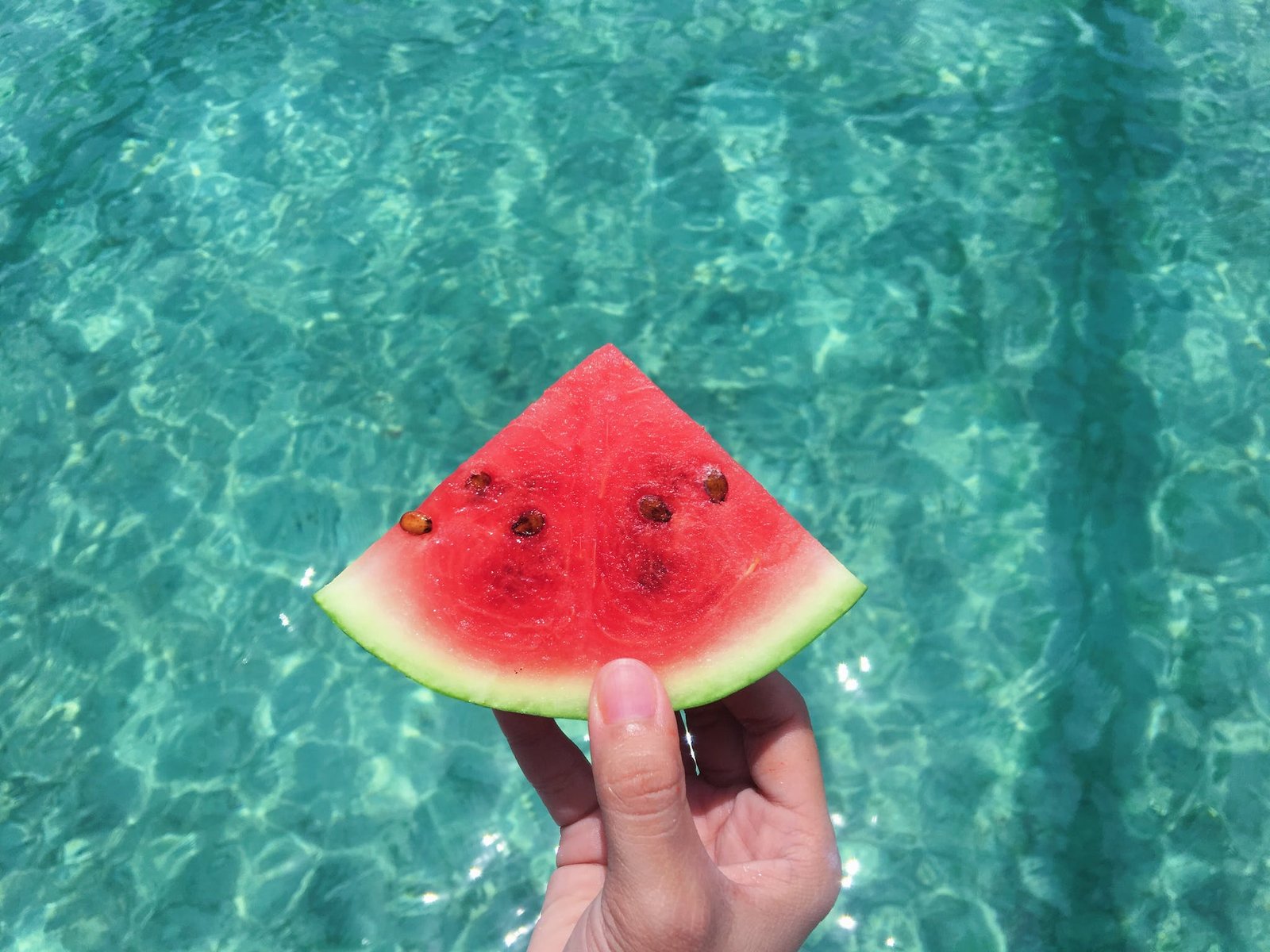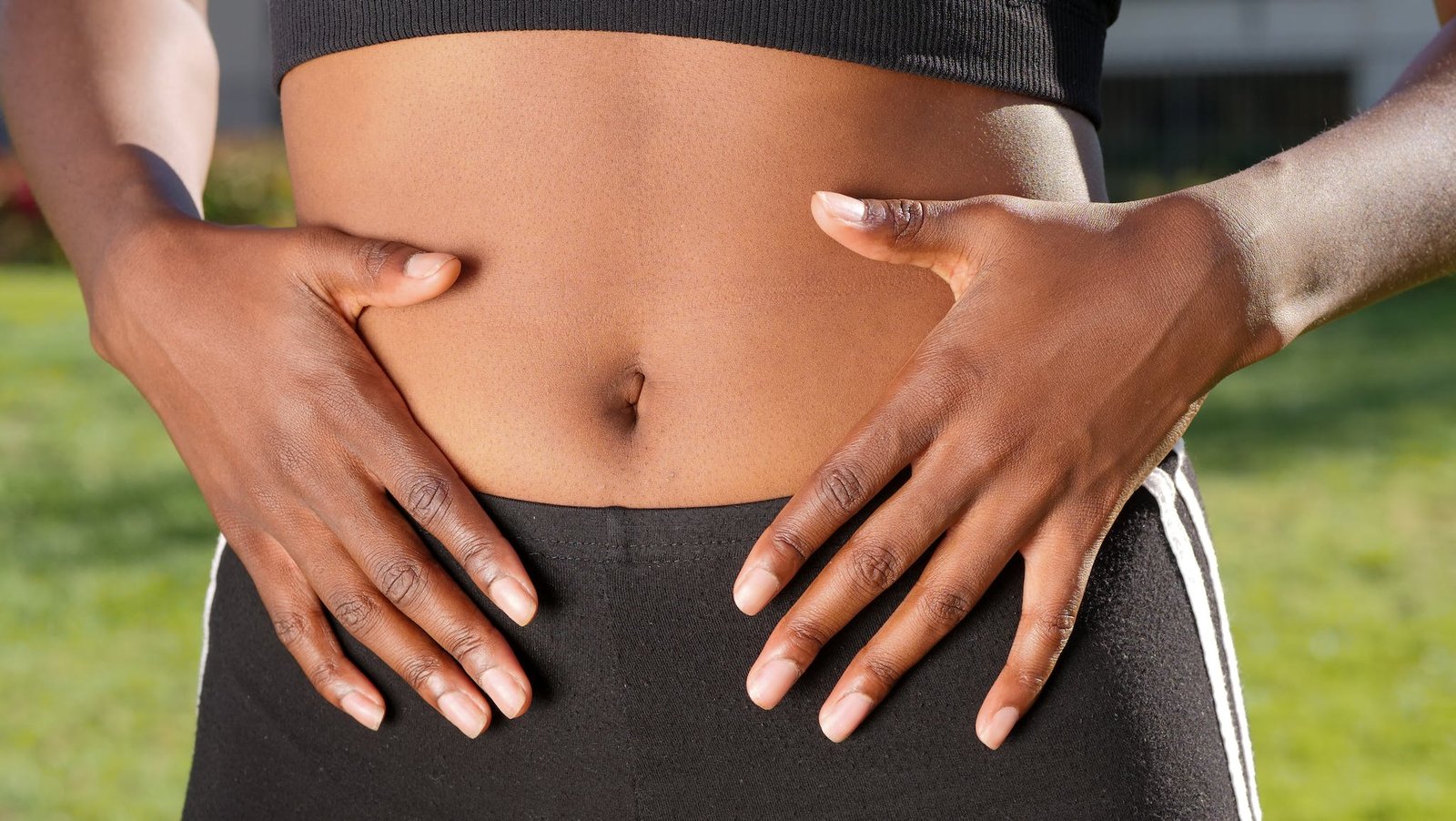Signs Your Headache May Be Caused by Dehydration
There are some affiliate links below, but they are all products I highly recommend. For more info, view my disclosure here.
Are you constantly dealing with headaches? It might be time to consider if dehydration is the culprit. When your body lacks sufficient water, it can lead to a variety of symptoms, including headaches.
By understanding the signs that your headache may be caused by dehydration, you can take steps to stay properly hydrated and potentially alleviate those pesky headaches. Let’s explore the key indicators to look out for.
Headache Location
You may feel a headache primarily in the front or back of your head. The location of your headache can provide valuable clues about its cause.
When dehydration is the culprit, it often manifests as a headache that’s focused in either the frontal or occipital region of your head. If you’re experiencing a throbbing pain in the front of your head, it could be a sign that your body is lacking proper hydration. The frontal headache may feel like a tight band squeezing your temples, with the pain radiating from your forehead.
On the other hand, a headache in the back of your head, near the base of your skull, can also indicate dehydration. This type of headache may feel like a dull ache or pressure at the back of your head, and it may intensify when you move or bend over.
Whether it’s a frontal or occipital headache, staying hydrated by drinking plenty of water throughout the day can often provide relief and prevent future headaches caused by dehydration.
Intensity and Duration of Headache
If your headache feels more intense and lasts longer than usual, it could be a sign of dehydration. When you’re dehydrated, your body lacks the necessary fluids to function properly. One of the ways your body tries to signal this is through headaches. Dehydration headaches can be characterized by their intensity and duration.
When you’re dehydrated, your headache may feel more intense than a regular headache. It may be a throbbing pain that persists and doesn’t seem to go away with over-the-counter pain relievers. This intense pain can make it difficult to focus or go about your daily activities. It’s important to listen to your body and recognize that this may be a sign that you need to drink more fluids.
Dehydration headaches also tend to last longer than your typical headache. While a regular headache may last a few hours or even less, a dehydration headache can persist for several hours or even days. This prolonged duration can be quite debilitating and may interfere with your ability to function normally.
To alleviate a dehydration headache, it’s crucial to rehydrate yourself by drinking plenty of water. This can help replenish the fluids your body needs and alleviate the intensity and duration of the headache. Remember to listen to your body and drink water regularly throughout the day to prevent dehydration headaches from occurring in the first place.
Thirst and Dry Mouth
When you’re dehydrated, your body may experience thirst and a dry mouth as indicators of low fluid levels. It’s your body’s way of telling you that it needs more water. You may feel a constant urge to drink and find that your mouth feels parched and sticky. This is because when you’re dehydrated, your body tries to conserve water by reducing saliva production, leading to a dry mouth sensation.
Thirst is a powerful sensation that serves as a signal to replenish your body’s fluid levels. It’s your body’s way of saying, ‘Hey, I need water!’ When you ignore this signal, your body becomes even more dehydrated, and the symptoms can worsen.
Having a dry mouth can also affect your overall oral health. Saliva plays a crucial role in maintaining a healthy mouth. It helps to wash away bacteria, neutralize acids, and prevent tooth decay. When your mouth is dry, these protective functions are compromised, increasing the risk of dental problems.
Urine Color and Frequency
Pay attention to the color and frequency of your urine as it can provide valuable insights into your hydration level and overall health. Your urine should ideally be a pale yellow color, like straw. If you notice that your urine is darker in color, such as amber or even brown, it could be a sign of dehydration. When you’re dehydrated, your body holds onto water and concentrates your urine, resulting in a darker color.
On the other hand, if your urine is consistently clear or very light in color, it may indicate that you’re drinking too much water and overhydrating. It’s important to strike a balance and maintain a healthy hydration level.
In addition to color, the frequency of your urine can also be a helpful indicator. If you find yourself urinating infrequently or in small amounts, it may be a sign of dehydration. When you’re properly hydrated, your body produces a sufficient amount of urine to flush out toxins and waste products.
Conversely, if you’re urinating too frequently or experiencing urgency, it may suggest overhydration or other underlying health issues.
Fatigue and Dizziness
Feeling tired and lightheaded? It could be a result of dehydration. When your body doesn’t have enough water, it can’t function properly, leading to fatigue and dizziness. Dehydration occurs when you lose more fluids than you take in, and it can happen for various reasons like sweating, vomiting, or not drinking enough water throughout the day.
When you’re dehydrated, your blood volume decreases, which means less oxygen is delivered to your brain. This lack of oxygen can make you feel tired and lightheaded. Your body is also trying to conserve water, so it may slow down certain bodily functions, causing you to feel sluggish and fatigued.
Dizziness is another common symptom of dehydration. When your body lacks water, your blood pressure drops, which can cause you to feel lightheaded and dizzy. Dehydration can also affect the balance of electrolytes in your body, further contributing to these symptoms.
To combat dehydration, make sure you’re drinking enough water throughout the day. The general guideline is to drink at least 8 cups (64 ounces) of water daily, but you may need more if you’re exercising or in a hot environment. Pay attention to your body’s signals and drink water when you feel thirsty. Remember, staying hydrated is essential for your overall health and well-being.
Other Symptoms of Dehydration
If you’re not drinking enough water, you may also experience dry mouth and increased thirst. These are common symptoms of dehydration and can occur alongside a headache.
But there are other signs that your body is lacking water. For example, you may notice that your urine is darker than usual or that you’re urinating less frequently. When you’re dehydrated, your body tries to conserve water by producing less urine. This can lead to concentrated urine and a decrease in the frequency of urination.
Additionally, dehydration can cause fatigue and dizziness, as we discussed in the previous subtopic. You may also feel lightheaded or have difficulty concentrating. In some cases, dehydration can even lead to confusion or irritability.
It’s important to pay attention to these symptoms and take them seriously. If you’re experiencing any of these signs, it’s a good idea to increase your water intake and hydrate your body. Remember, staying hydrated can help prevent headaches and other health issues.







